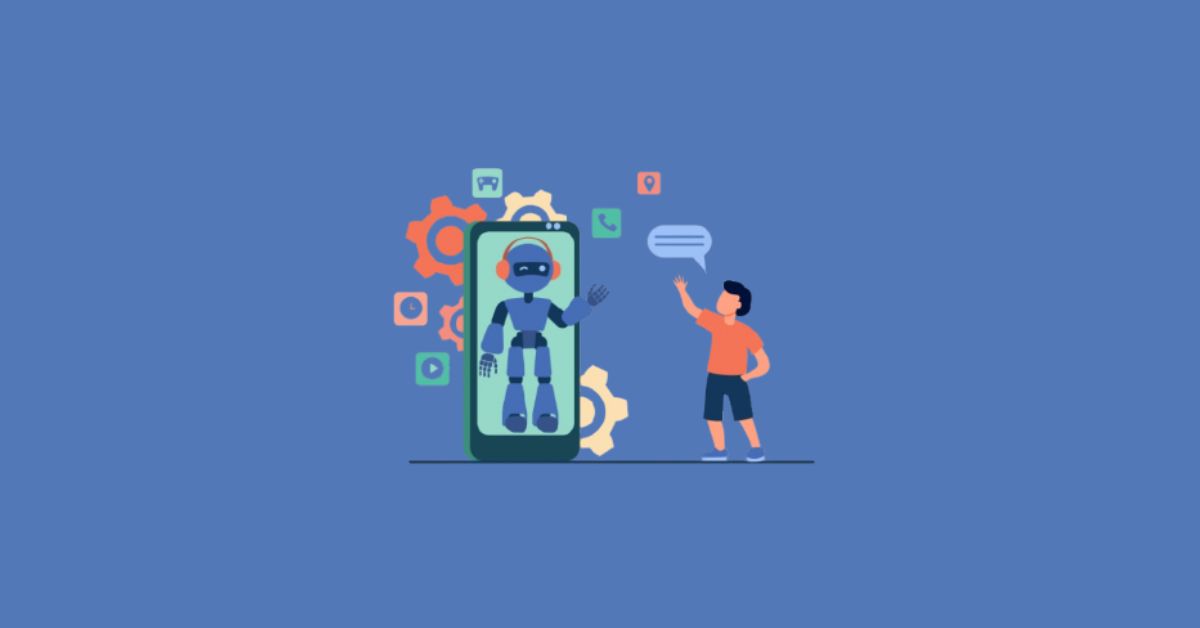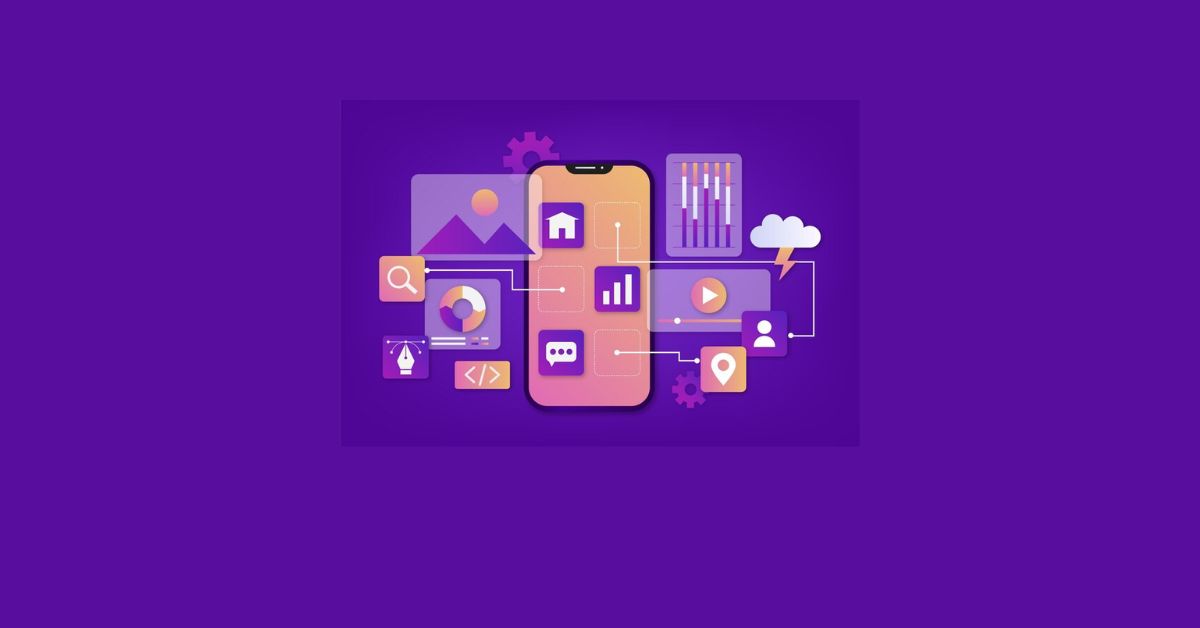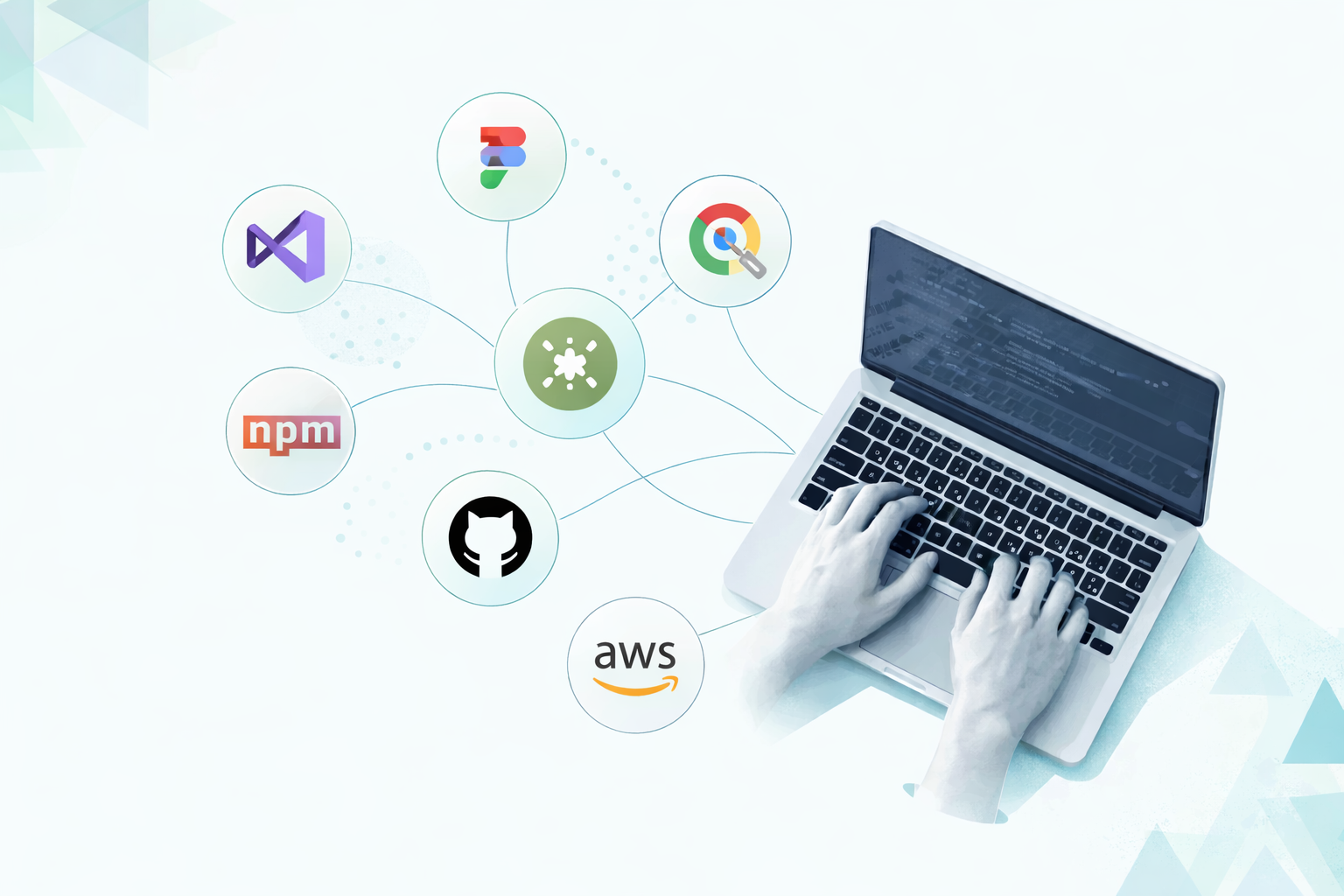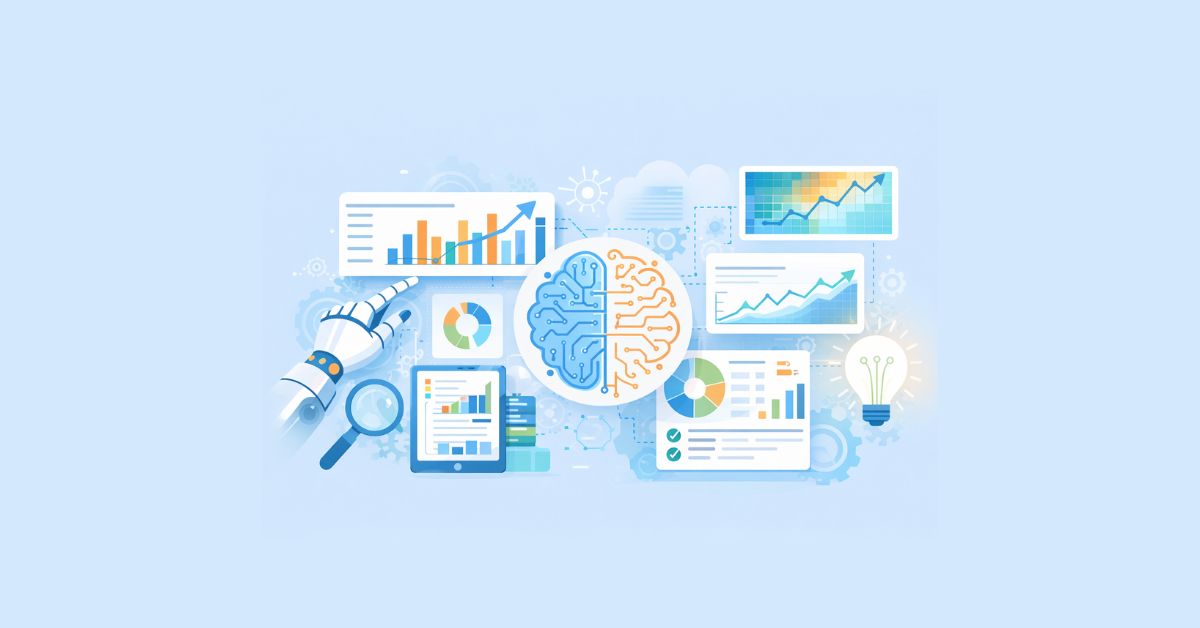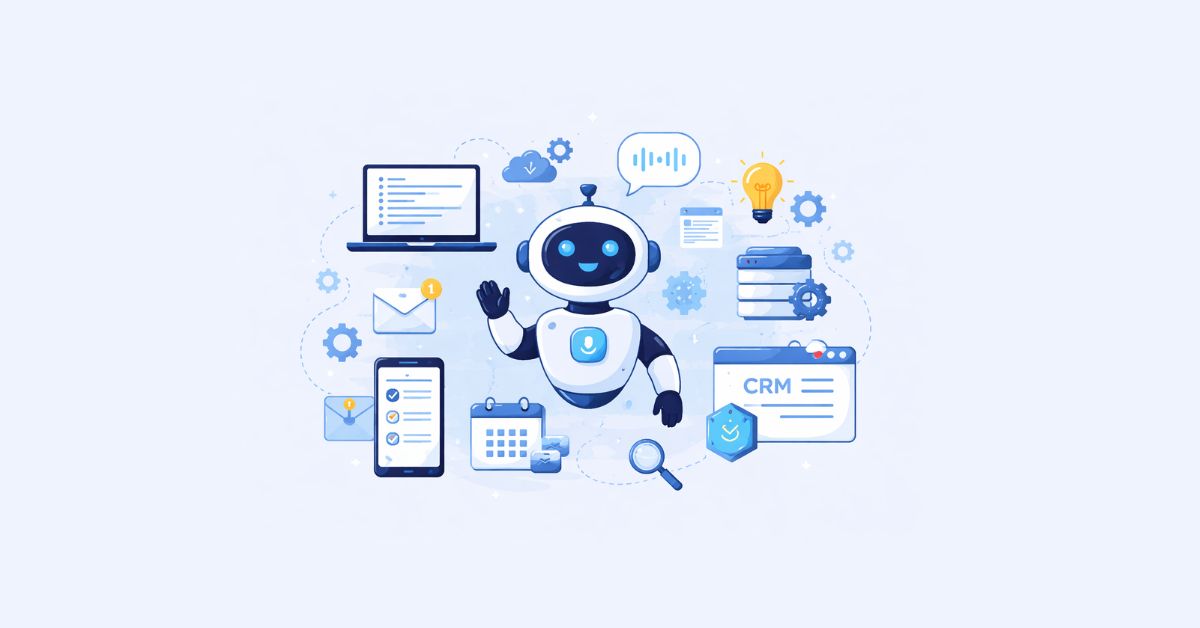Users all around the world have responded favorably to the use of AI in mobile app development since it greatly expands the functionalities of conventional apps, making AI development services highly sought-after in the market. Every business, from small-scale real estate startups to large retail chains, is looking for an AI-enabled mobile application to improve the client experience.
Artificial Intelligence (AI) is a recent development in the rapidly evolving field of technology that has profound effects across various industries. The incorporation of AI has significantly impacted the development of mobile applications since it has made it possible to create smarter, more efficient, and easier to use. An overview of the key changes that can be done through AI in mobile app development will be given in this blog.
- The Potential of AI in Mobile App Development
– Enhanced User Experience
– Automated Operations
– Increased Efficiency - Keys Used of AI in Mobile App Development
– Chat Automation
– Digital Assistance
– Security
– Analytics for Predictive
– Identifying Objects
– Individualization
– Voice identification - Conclusion
The Potential of AI in Mobile App Development
The term “artificial intelligence” describes technical developments that seek to mimic human cognitive functions in tasks like decision-making and problem-solving. Essentially, it’s a field of research that performs things far more quickly and accurately than a human could by utilizing computer science and massive datasets.
When all is said and done, the broad term artificial intelligence (AI) encompasses computer vision, deep learning, machine learning, natural language processing, neural networks, robotic process automation, and other domains that depend on data and algorithms.
Numerous industries, including healthcare, retail, banking, real estate, insurance, and more, already use artificial intelligence. This technology has a plethora of business uses, and mobile solutions are no exception.
Mobile applications gather enormous amounts of data, which makes it easy for artificial intelligence to make the most of this digital data. Corporate executives should not be discouraged from taking on the project of incorporating AI in mobile apps, even though it’s a relatively new method.
Now let’s briefly go over the three key benefits that come with developing mobile apps with AI technology.
Enhanced User Experience
Artificial Intelligence facilitates more intuitive user and consumer interactions with your solution. It promotes a more customized experience. Sentiment analysis and emotion definition are made possible by clever algorithms, which create more options for bettering goods and services.
Automated Operations
Mobile apps that support corporate software in managing day-to-day business processes simplify repetitive tasks and reduce manual labor thanks to AI-based features. Because of this automation, there are no more potential mistakes, and a high level of accuracy is achieved, which is crucial when working with data.
Increased Efficiency
Mobile apps with AI capabilities typically do tasks more quickly than people can. Artificial intelligence may help businesses become more efficient in several areas, including data processing, customer service, and worker management.
You see, mobile applications may benefit from artificial intelligence just as much as online applications can from it in terms of increased automation, enhanced user experience, and intelligent interactions. There is no shortage of things artificial intelligence (AI) can accomplish in a mobile app, from chatboxes and digital assistants to tailored experiences and improved security measures.
Keys Used of AI in Mobile App Development
Chat Automation
There is a lot of competition among mobile applications. For this reason, having a seamless user experience and first-rate assistance are crucial. However, keeping an agent or agents on duty around the clock can get costly, particularly if many requests can be handled quickly.
So, this is where chatbots powered by AI may be useful. With the use of natural language processing, these clever tools can assist your mobile application in automating the process of answering client inquiries. All the system has to do is interpret the user’s query, retrieve the pertinent data, and present it to them in the most appropriate way.
Digital Assistance
Virtual assistants can execute necessary commands by using speech and voice recognition technology, which allows them to recognize the speaker’s voice and understand what is being said. Consequently, your users will be able to interact with the app without ever having to click around.
Virtual assistants can save you a lot of time, as you can imagine. However, they also offer a benefit to customers who want to give orders to your program while operating a vehicle or engaging in other activities that occupy their hands.
Not to mention, voice recognition is essential for people with impairments, therefore you need to have virtual assistants in your program if you want it to genuinely serve everyone.
Security
Firstly, artificial intelligence may stop assaults before they start by warning you and your users. It does this by quickly processing massive volumes of data and identifying potential cybersecurity threats. Because machine learning algorithms are trained to learn from historical data, the security of your app will only get better with time.
Second, by enhancing the precision and effectiveness of the system, AI can raise the level of security associated with biometric authentication in your app. In particular, by transforming biometric data into information that can be examined and compared with a database, such as fingerprint, face, or other biometric scans.
Analytics for Predictive
Analytics are a vital component of any enterprise. Regardless of your industry—healthcare, retail, insurance, or finance—it’s critical to evaluate performance, understand client behavior, and enhance service provision.
However, after using artificial intelligence, you won’t be able to view your app metrics in the same manner. Your customers’ usage data is automatically sorted by intelligent algorithms, which allow you to assess past performance and obtain forecasts about what is likely to happen in the future. assisting you in getting ready for it.
Identifying Objects
Object detection is a crucial area where AI technology is being used in mobile apps. Artificial intelligence and picture identification technologies can collaborate to recognize things, persons, locations, and other pertinent features if your application uses images in any way.
AI can be utilized to improve your mobile application, for example, if medical practitioners use it to diagnose patients more accurately. Your employees can swiftly examine and provide a diagnosis by uploading a scan or a snapshot of a possible anomaly, which will be analyzed by algorithms.
Individualization
Finally, personalization is an essential use case to discuss before we wrap up this list. The market for mobile apps is quite saturated, as was previously said. Making a statement is therefore crucial. It’s exactly what you can achieve with AI.
Through ongoing analysis of your users’ behavior within the app and identification of their distinct preferences, you can create a customized experience for every customer. Making a good impression on them and motivating them to come back time and time again. Owners of mobile applications that sell goods and services online may particularly benefit from this as AI will be able to make pertinent recommendations. Therefore raising the possibility that the deal will be completed.
Voice identification
One of the most important uses of AI in mobile app development is voice recognition. Speaking with mobile devices is made possible, which is faster and more practical than tapping or typing. Even though natural language processing (NLP) and machine learning have been around for a while, recent advancements have increased the precision and responsiveness of speech recognition technology.
Conclusion
Artificial intelligence is radically altering the mobile app development market by providing state-of-the-art methods to increase security, enhance user experience, and maximize app speed. By utilizing AI technology like machine learning, natural language processing, and predictive analytics, developers may create apps that are more user-friendly, safe, and responsive to their demands.
By automating tedious tasks, enabling the creation of adaptive user interfaces, and implementing improved security measures, artificial intelligence (AI) makes apps smarter and more user-centric. As the mobile app market continues to evolve, utilizing AI will be crucial to remaining competitive and offering state-of-the-art solutions that meet users’ growing expectations.

